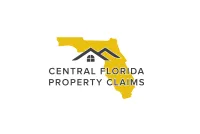
Menu
Blog
Blog
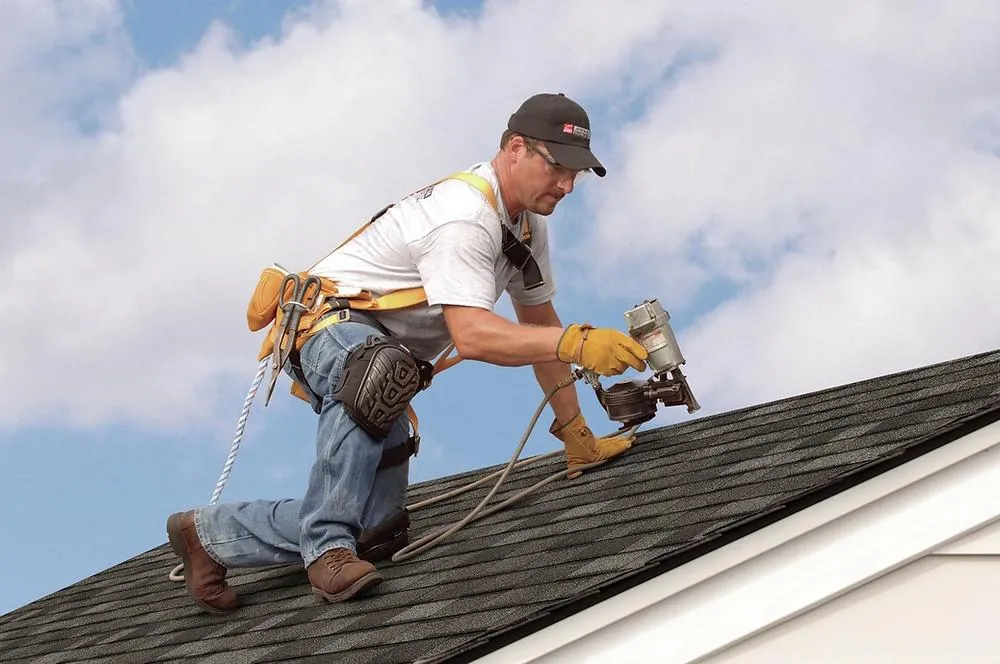
How to Protect Yourself When Choosing a Roofing Contractor
Using a roofing contractor is unavoidable when you own a home. Typically, when you need a contractor for your roof, something has already gone wrong. It’s essential to ensure that you protect yourself and your home, even if you’re in a tight spot or need an Orlando public adjuster to sort it out with insurance.
See Proof of Licenses and Certifications
Unfortunately, unscrupulous folks will try to say they have a license and never show you the paperwork to back up the claim. This lack may leave you liable since unlicensed contractors cannot carry insurance and may not pay their bills.
Central Florida Property Claims recommends that you see any certifications and licenses a roofing contractor claims to have. You should also look up the license number to confirm that the company has not expired or had its license revoked.
Check the Insurance Situation
Liability and workers’ compensation are two significant insurance areas with roofing contractors. You do not want someone falling off the ladder and then trying to make you pay the medical bills. That’s a scary situation to be in, and Orlando public adjusters cannot help.
Licensed contractors must carry insurance. Most will be happy to show you their proof of bonding, but you can also get the name of their insurance agency to verify it yourself. If you’re using an Orlando public adjuster to handle your insurance company, do not let your insurance company pick a contractor that is cagey about their insurance.
Only Consider Bids That Spell Out the Details
Bids and contracts are only as binding as what the contract spells out in plain English. Central Florida Property Claims recommends reading every line of the contract before you sign it and not accepting handwritten revisions.
You want to verify the timeline of the process, the materials information, labor costs, permit plan, and the warranties included in the work when reading the contract. If something does not look right, speak up. It is better to ask for clarification than to end up on the hook after major event damage like a hurricane.
Never Forget the Lien Waiver
A lien waiver means that the roofing contractor or the subcontractors cannot put a lien on your home. A roofing contractor can place a lien on your home until you pay in full. The lien may not be removed if the contractor says you did not pay.
A lien waiver means you do not need to worry about the contractor, sub-contractor, or materials shop placing such a lien. This is exceptionally important, as unscrupulous contractors will not pay their bills. Central Florida Property Claims recommends keeping all payment receipts.
Avoid Roofing Contractors Who Demand Payment Upfront
No roofing contractor should demand you pay in full upfront. This demand shows that the business is not well established and may not finish your project. However, you may need a deposit as part of the project, and that is legal. You may want an Orlando public adjuster to clarify how this will work with your insurance company.
If the contractor collects over 10% of the final fee as a deposit in Florida, they have legal obligations. These include starting your project within 90 days and pulling a permit within 30 days. Central Florida Property Claims recommends holding them to these deadlines.
What customers say About Us
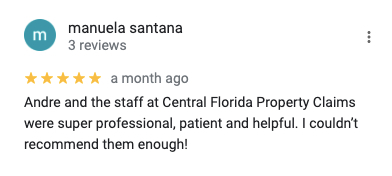
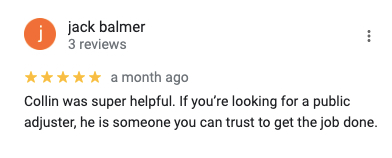
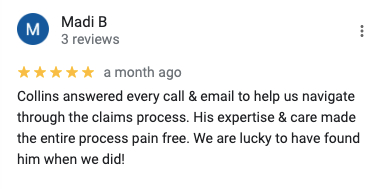
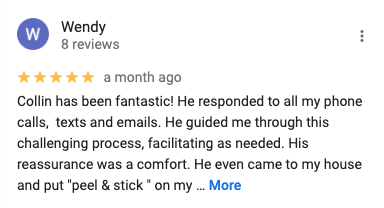
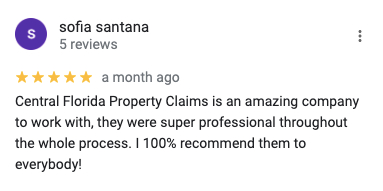
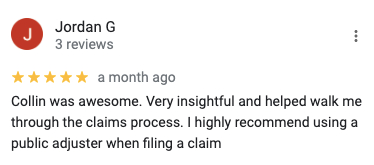
What Customers say About Us







Get A FREE Inspection Today


Get A FREE Inspection Today

©2023 by Central Florida Property Claims. Andre Kratt Lic. #W636283
©2023 by Central Florida Property Claims.
Andre Kratt Lic. #W636283
